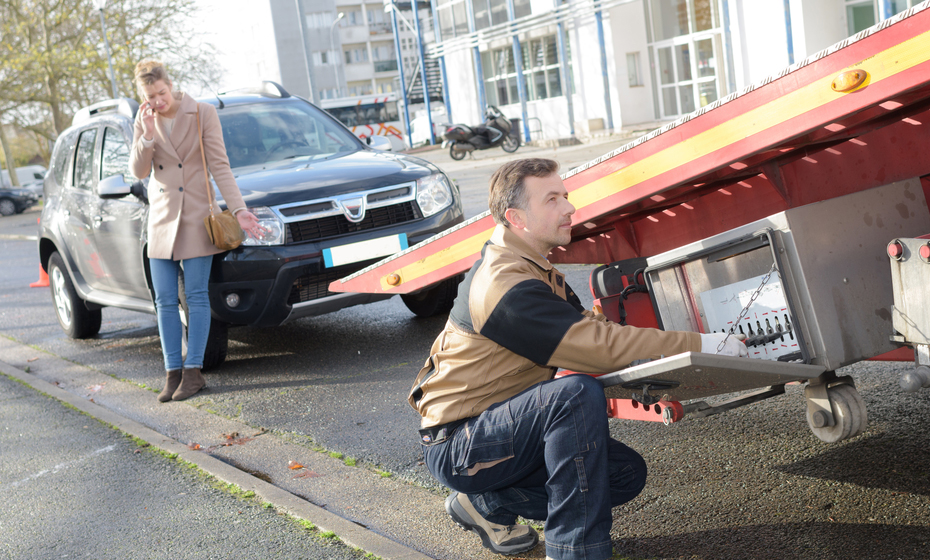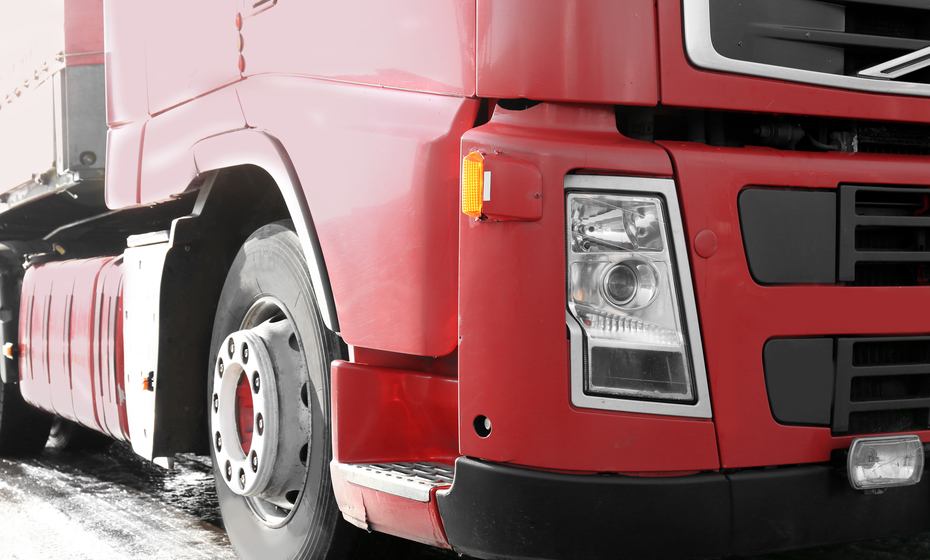When it comes to towing any kind of trailer, there are basic components that should be recognized. There is more to the system of towing than just a trailer and vehicle. Lots of things go into connecting the two. Let’s take a look at some components that are pretty basic and a few terms that are frequently used throughout the towing industry.
In addition to the components and parts below, there are a multitude of extra safety features that can be purchased to assist in making your trailer towing system as safe as possible.
What Is a Tow Vehicle?
A tow vehicle is whatever vehicle is being used with which to tow (pull) the trailer: an ATV, RV, SUV, crossover, van, truck, car, etc. Various weight capacities are assigned to vehicles. You can usually find out how much weight your vehicle can tow safely by checking the vehicle’s owner’s manual
The Trailer
Though this seems obvious, since we’re running through things according to the basics, the trailer is the piece of wheeled construction that you are going to tow (or pull). Here are a few trailer types that are most common: boat trailers, enclosed car haulers, flatbed trailers, livestock trailers, travel trailers, pop-up campers, and utility trailers. Trailers range in tongue weight and trailer weight.
What Is a Trailer Hitch?
This component is the primary connection between the tow vehicle and a trailer in a towing system. There are number of components that are included in a trailer hitch in order to complete the connection: trailer ball and ball mount, for example.
A receiver hitch is the most typical kind of trailer hitch. It mounts to the towing vehicle and accepts an insert such as a ball mount with the receiver tube that it provides. There are five classes of receiver hitches.
What Is a Ball Mount?
This is a metal bar or tube that is inserted into the trailer hitch. It holds a trailer ball by providing a mounting plate. There are different capacities and styles made to accommodate varying coupler heights and trailers. A hitch lock, or a hitch with a hitch pin and clip, holds the ball mount in place.
What Is a Trailer Ball?
This can also be called a hitch ball or a tow ball. It’s the immediate connection point between your trailer and tow vehicle. Combined with the trailer coupler, it’s what lets you travel over bumps and dips and turn corners without the trailer becoming disconnected from the towing vehicle. On top of the trailer ball, the coupler mounts and locks and articulates around it. Common diameters for trailer balls are as follows: 3 inches, 2 5/16 inches, 2 inches, and 1 7/8 inches. Lower capacities are assigned to smaller diameters of trailers, in most cases – but not always.
What Are the Hitch Pin and Clip?
A hitch lock can substitute a hitch pin. Hitch pins are usually formed in an L shape and grooved at one end, or drilled, to accept a retainer clip that is hairpin shaped. The metal rod that holds the ball mount is called a hitch pin.
Don’t Forget the Safety Chains!
An acceptable alternative to chains are safety cables. These connect the trailer to the towing vehicle as a safety precaution, just in case of separation due to coupler/hitch failure. They should crisscross under the coupler and must be strong enough to restrain the trailer.
Trailer Lighting and Wiring
Just like safety chains, the most important aspects of towing are the trailer lights. At the very least, turn signals, brake lights, and taillights are required on all towable trailers. The lights on the trailer are connected to the wiring system on the tow vehicle.
Mickey Genuine Parts carries a wide selection of trailer parts. If we receive your order by 2 PM Eastern time, we will likely be able to ship the part you order the very same day (as long as it is in stock). If you have questions about trailer parts, give us a call today at Mickey Genuine Parts.




